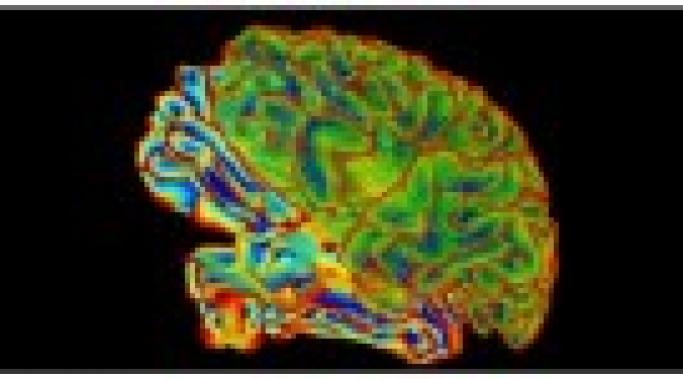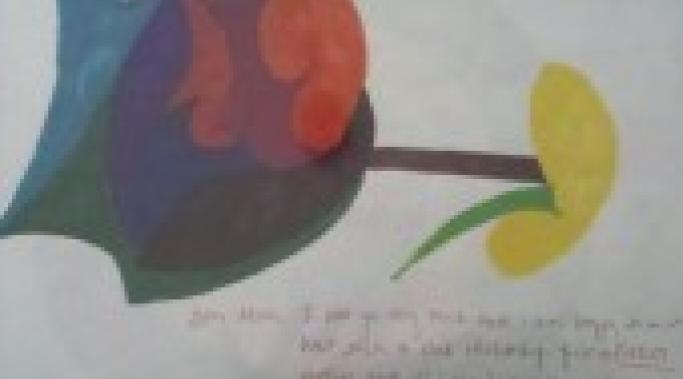I just returned from a trip to Phoenix, Arizona, where for three days I've been on a whirlwind tour of interviews, meetings, and one community lecture, courtesy of Arizona Foundation for Behavioral Health (AFBH) and ASU's Center for Applied Behavioral Health Policy - all to tell our family story to those who will, we hope, be affected by it in some way.
Recovery in Mental Illness
I recently had the privilege of addressing a group of mental health nursing students at Fairfield University in Connecticut. Their professor, Joyce Shea, had heard me speak with Mary Moller, PRN at the APNA (American Psychiatric Nurses Association) Annual 2011 Conference, and assigned Ben Behind His Voices as required reading for her mental health nursing students.
To my great delight, Ms. Shea shared with me some of her students' reactions to the memoir, and invited me to speak with them about how mental health nurses can make a real difference in the family experience when mental illness results in hospitalization.
The news is exciting: a research study has found that cognitive improvements are possible for those with schizophrenia - and that the results can stick. And even better: these results can be achieved with the help of a program to teach social and cognitive skills with the use of computer games. A reporter called me yesterday for a comment before she finished her article, and it certainly got me to reflect on my my son Ben, and how he is - slowly - beginning to show more signs of "growing up."
One of the very first "aha moments" for me, when I finally began to learn about schizophrenia and its symptoms, came with the information that it is a "double-edged sword" of positive (added to personality) and negative (taken away from personality).
I also learned, in NAMI's Family-to-Family course, about the concept of being "frozen in time" for many affected by mental illness.
Every so often, I am reminded that my son Ben still has to work hard to stay focused on the world as we all know it: work, play, conversations, whatever we are watching on TV. Without his medications, that feat is nearly impossible; with treatment, it's certainly easier. But not without effort. Not without strength.
Bette Midler's hit song of 1973, "(You Got to Have) Friends" includes the following lyrics:
Standing at the end of the road, boys
Waiting for my new friends to come
I don't care if I'm hungry or bored
I'm gonna get me some of them
For so long, these words described the life of my son Ben, as he restarted his emotional life after multiple hospitalizations with a diagnosis of Schizophrenia.
Well, it looks as if SAMHSA has redefined the term: Recovery.
ScienceDaily (Jan. 5, 2012) — A new working definition of recovery from mental disorders and substance use disorders is being announced by the Substance Abuse and Mental Health Services Administration (SAMHSA).
The new working definition of Recovery from Mental Disorders and Substance Use Disorders is as follows: A process of change through which individuals improve their health and wellness, live a self-directed life, and strive to reach their full potential.
So, what do you think?
Ben has been "in recovery" since late in 2003, after his medication regime was stabilized and deemed effective. We cross our fingers each and every day that the psychiatric medications continue to work, and that he continues to take them despite his feeling that he doesn't need to.
And so it goes.





